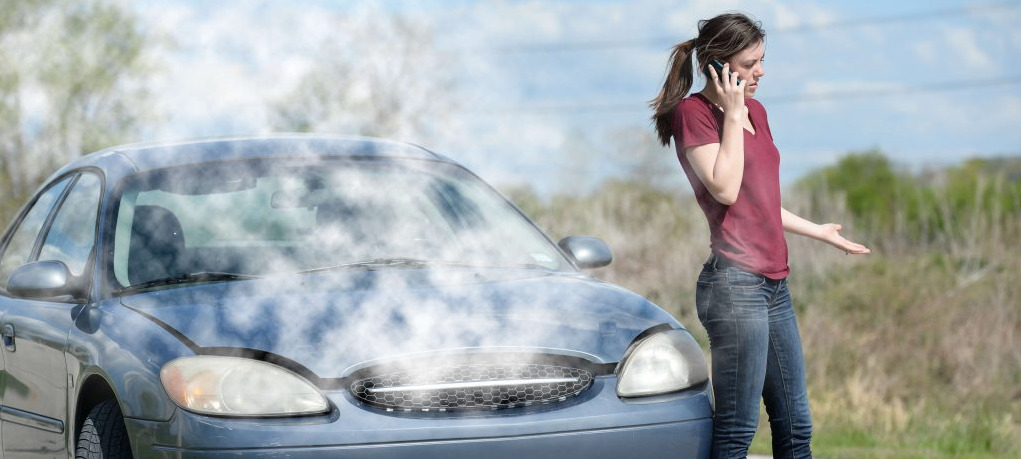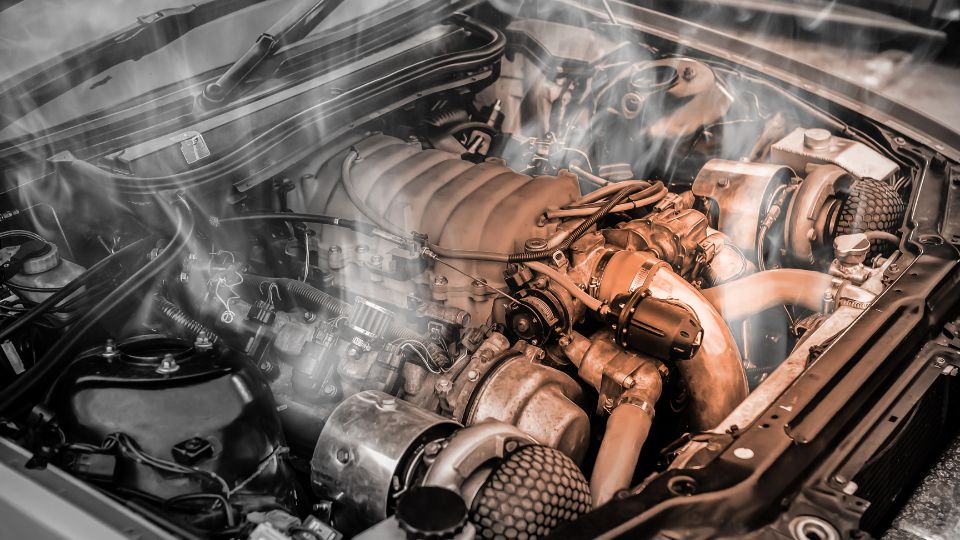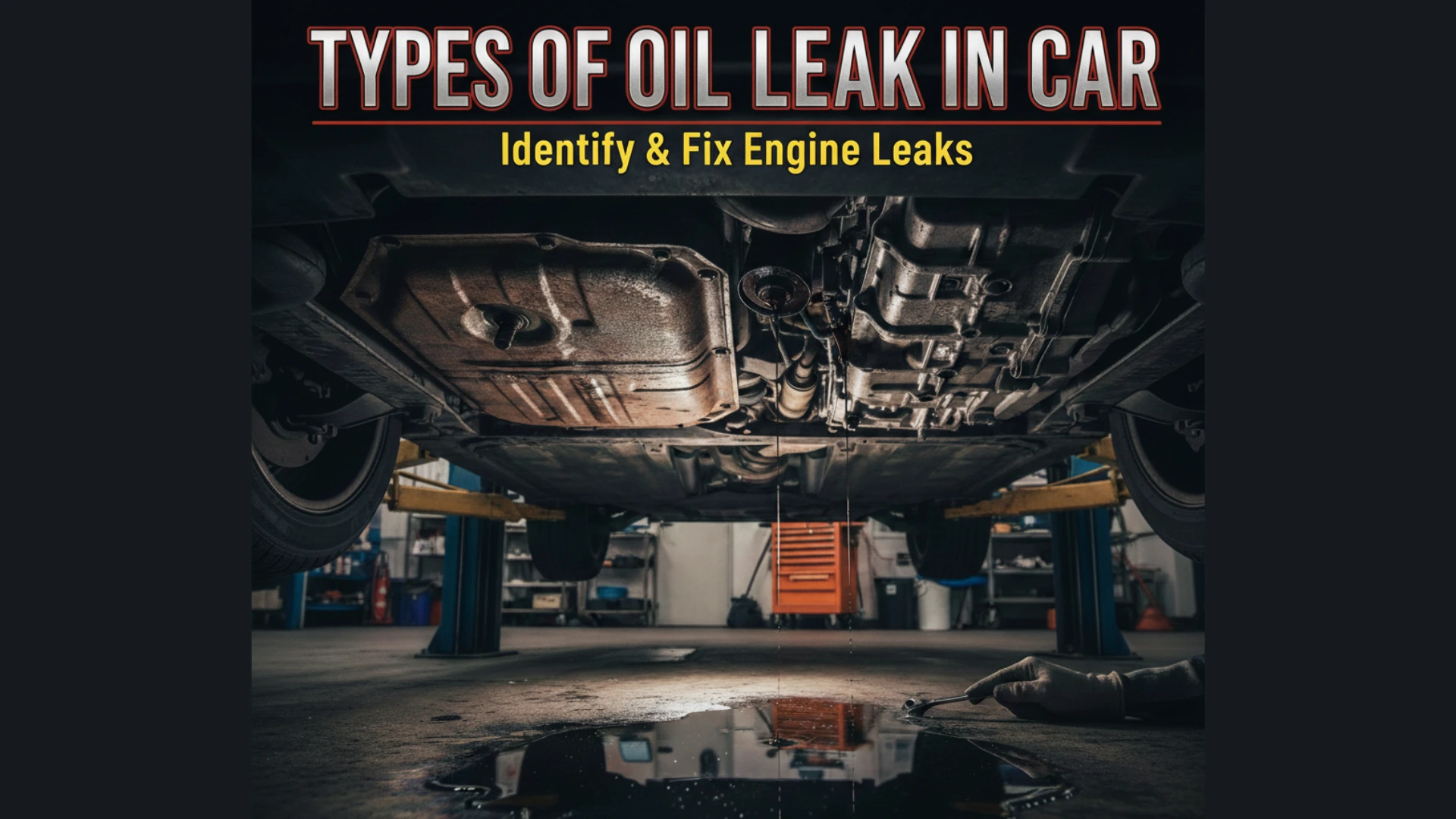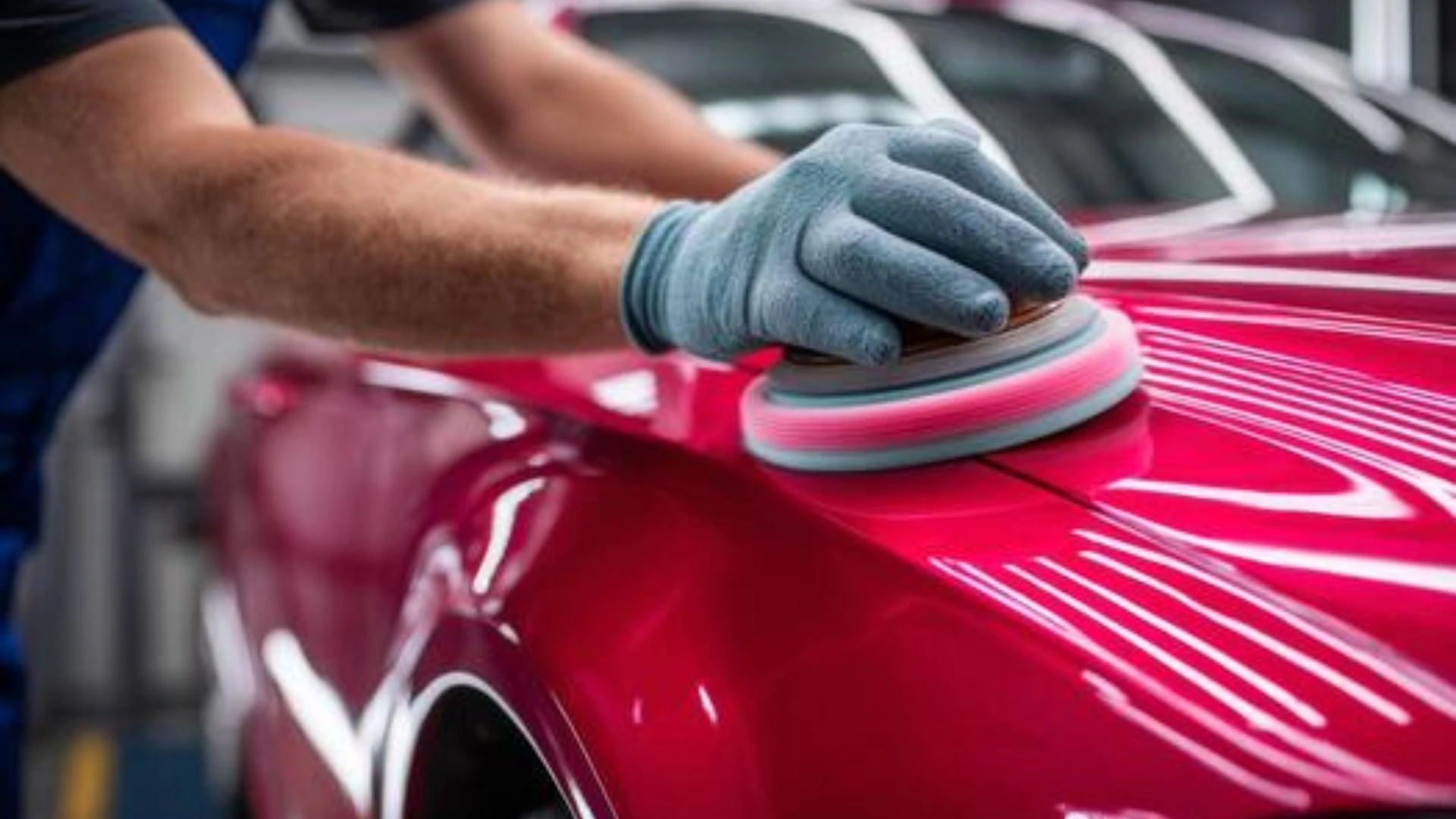
Table of Content
▼Avoiding overheating in your vehicle is a frequent issue that, if not dealt with promptly, can lead to serious damage. Knowing why your car overheats and taking steps to prevent it can save you money on repairs and keep your vehicle operating smoothly. This article offers thorough guidance for drivers on ways to avoid the car overheating.
Knowledge about the car's tendency to overheat
What leads to a vehicle overheating?
Car overheating happens when the engine's temperature goes beyond the ideal operating range. Various factors can play a role in this issue, such as:
- Coolant leaks are the primary reason for overheating, often resulting from leaks in the radiator, hoses, or water pump.
- Malfunctioning thermostat: A thermostat that is stuck can hinder the proper circulation of coolant, leading to overheating.
- Defective water pump: The water pump moves coolant around the engine. If it doesn't work, the coolant will stop flowing, resulting in the engine overheating.
- Radiator blockage: Accumulated dirt, debris, and corrosion can obstruct the radiator, decreasing its efficiency in releasing heat.
- Malfunctioning radiator fan: The radiator fan assists in cooling the engine by drawing air through the radiator. In case of failure, the engine could overheat, particularly in traffic jams.
- Engine oil is crucial for reducing heat by dissipating it when the oil level is low. Insufficient oil levels may lead to higher friction and overheating.

Signs of Engine Overheating
Recognizing the indicators of an engine overheating can allow you to quickly address the issue and avoid harm.
Typical signs consist of:
- Elevated Temperature Reading: The dashboard's temperature gauge indicates a reading above the usual level.
- Caution indicators: The dashboard might show the engine temperature warning light.
- Steam: Witnessing steam escaping from beneath the vehicle's hood indicates that the engine is experiencing excessive heat.
- Unusual scents like a sugary aroma or a smoky scent could suggest the possibility of the device overheating.
- Decreased engine output: An engine that is too hot may experience a loss of power and function ineffectively.
Maintenance to prevent issues before they occur.
Frequently monitor and upkeep coolant levels.
Coolant is necessary for controlling the temperature of the engine. Frequently monitor the coolant level and refill as needed. Make sure to utilize the appropriate coolant type for your car. Checking the cooling system for leaks and promptly fixing them is crucial.
Also Read: Car cooling system: why engine coolant is so important
Examine and swap out the thermostat
The thermostat controls the circulation of coolant in the engine. Eventually, it could experience a crash or malfunction. Frequently check the thermostat and change it as needed to guarantee proper flow of coolant.
Maintain the radiator
The radiator is crucial for dissipating heat from the engine. Regularly clean the radiator to remove dirt, bugs and debris that can block airflow. Check for signs of corrosion and leaks and replace the radiator if damaged.
Inspect the water pump.
The water pump's job is to distribute coolant throughout the engine. Examine the water pump for leaks and pay attention to any abnormal sounds, as they could be a sign of pump malfunction. Follow the advice of your vehicle manufacturer and change the water pump as instructed.

Ensure that the radiator fan is functioning properly.
The radiator fan works to cool the engine by drawing air through the radiator. Verify that the fan is functioning correctly, particularly when the engine is hot or the air conditioning is in use. Switch out a defective fan to ensure proper cooling.
Check the levels of oil regularly.
Engine oil not just lubricates, but also aids in heat dispersion. Regularly inspect the oil level and add more as needed. Make sure to change the oil and oil filter when recommended to keep the engine running smoothly and prevent overheating.
Driving Tips to Avoid Overheating
Avoid heavy traffic
Sitting in heavy traffic for long periods can cause the engine to overheat due to reduced airflow through the radiator. If possible, avoid peak traffic times or opt for alternative routes with less congestion.
Be thoughtful when utilizing your air conditioning unit.
Using the air conditioning while driving increases strain on the engine, which may lead to overheating. If the temperature of your engine begins to increase, switch off the air conditioning to lessen the strain on the engine.
Also Read: 5 Tips to Keep Your Car’s AC Working All Summer Long
Handle the thermometer with caution.
Regularly monitor the thermometer on your dashboard while driving. If you see the temperature going up, act quickly to avoid overheating. Reposition to a secure location, switch off the motor and allow it to cool down.
Drive at a reasonable pace.
Driving at high speeds for extended periods can lead to the engine overheating, particularly in hot climates. To regulate your engine temperature, make sure to drive at a moderate speed and avoid aggressive driving habits.
Turn on the heater.
If the engine begins to get too hot, switching on the heater can aid in transferring excess heat into the car's interior. Despite being uncomfortable, reducing engine temperatures temporarily can be an effective solution.
Emergency actions to take if your vehicle's engine becomes too hot.
Safely come to a stop on the side of the road.
If the engine gets too hot, pull over to a secure location promptly. Driving with an engine that is overheated can lead to significant harm.
Switch off the motor.
Switch off the motor in order to let it cool down. Avoid opening the hood right away because steam and hot coolant may lead to burns. Inspect the engine after it has cooled down.
Verify the level of coolant
Once the engine has cooled off, inspect the coolant level. If the level is low, top up the reservoir with coolant or water. Adding cold water to a hot engine is not recommended since it can cause the engine block to crack.
Search for water seepage.
Inspect the cooling system for any leaks that are visible. Inspect the radiator, hoses, and water pump for any indications of harm. If a leak is discovered, it might be necessary to contact roadside assistance or bring the vehicle to a mechanic for repairs.
Start the engine again with caution.
Once you have added coolant and allowed the engine to cool down, proceed to restart the engine and monitor the temperature gauge. If the engine keeps getting too hot, shut it down and get help from a professional.
Also Read: Which Oil Change is Better: Conventional or Synthetic Oil?
Solutions for the long haul

Improving the radiator
If you often drive in hot weather or with heavy loads, think about switching to a high-quality radiator. These radiators have improved cooling efficiency and can aid in avoiding overheating.
Set up a supplementary cooling fan.
An extra cooling fan can supply extra air circulation through the radiator, particularly in congested traffic or when off-roading. This upgrade can prove to be very beneficial in maintaining the coolness of your engine.
Utilize top-notch coolant for best results.
Invest in a premium coolant that has a higher boiling point and superior heat transfer characteristics. This can enhance the effectiveness of your cooling system and lower the likelihood of overheating.
Regularly upkeep your vehicle.
Regular upkeep is necessary in order to avoid excessive heat. Adhere to the service schedule advised by your car manufacturer and get your cooling system checked by a professional. Quickly deal with any problems to prevent overheating complications.
Think about adding a refrigerant supplement.
Adding coolant additives can enhance the heat transfer characteristics of your coolant, assisting in regulating engine temperatures. Seek advice from a professional to confirm if a coolant additive is appropriate for your car.
Summary
Ensuring your car does not overheat is crucial for preserving its performance and durability. By learning the reasons for overheating, keeping up with regular maintenance, and practicing safe driving habits, you can minimize the chances of your engine overheating and prevent expensive repairs. Monitor your vehicle's cooling system regularly and promptly fix any problems to guarantee a seamless driving experience.
Also Read: Five Essential Tips to Prevent Tyre Bursts and Car Fires During the Heatwave
Deepika Chauhan
Auto Care Specialist & Vehicle Maintenance Advisor Deepika Chauhan is a car care expert with 8+ years of experience in authorized service centers and independent garages. Her articles focus on DIY maintenance, service schedules, and tips that help car owners keep their vehicles in top condition.

_1770807147.webp)
